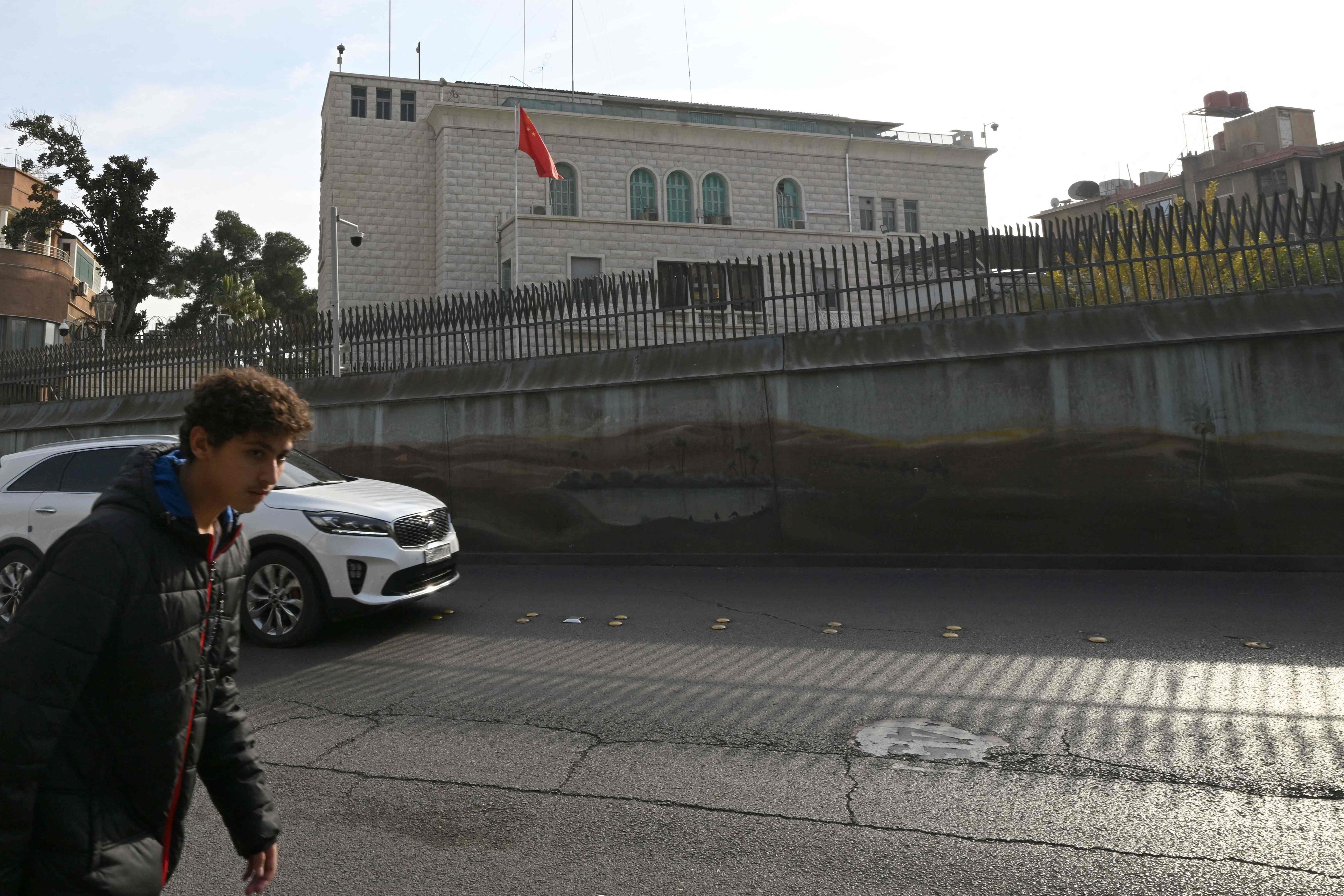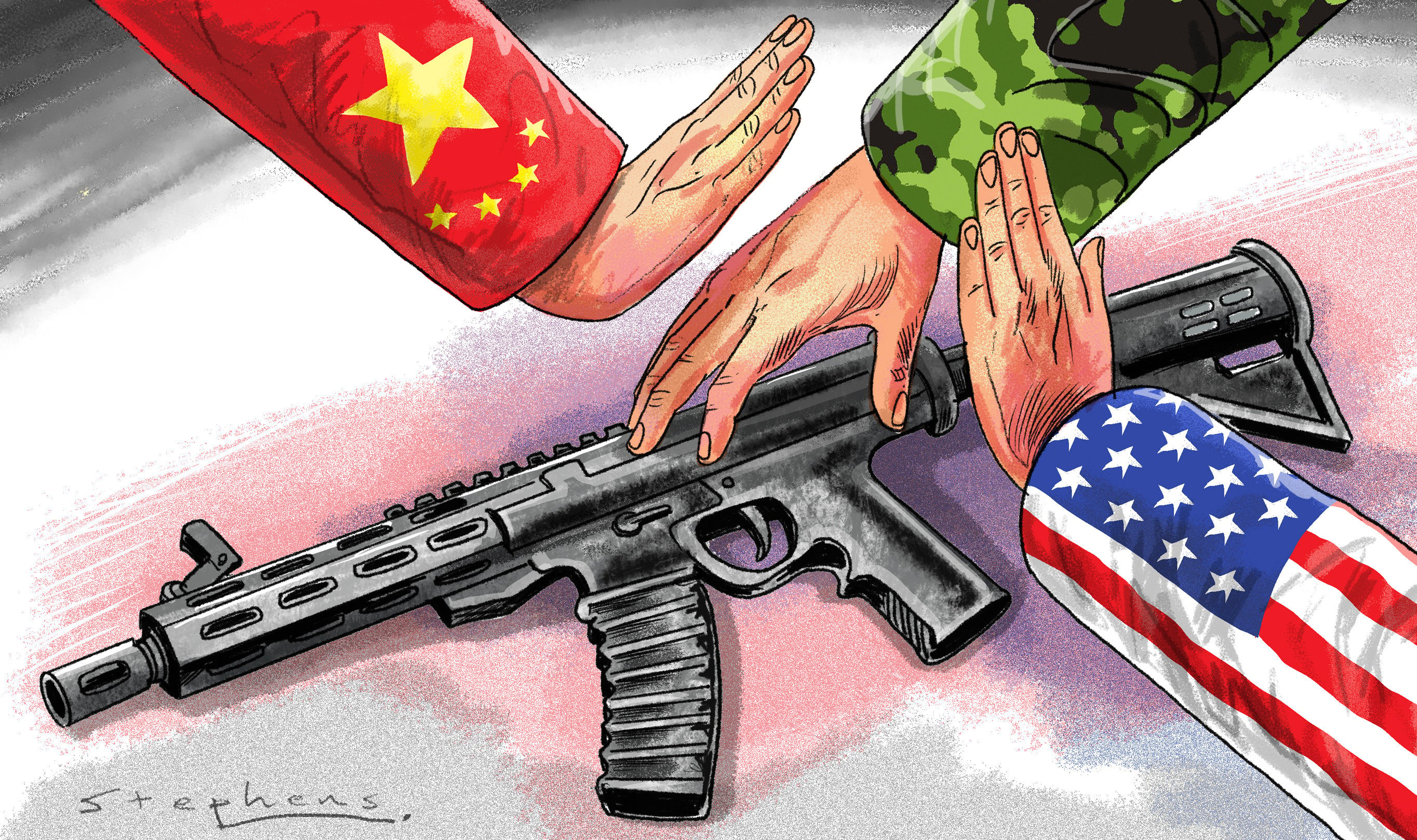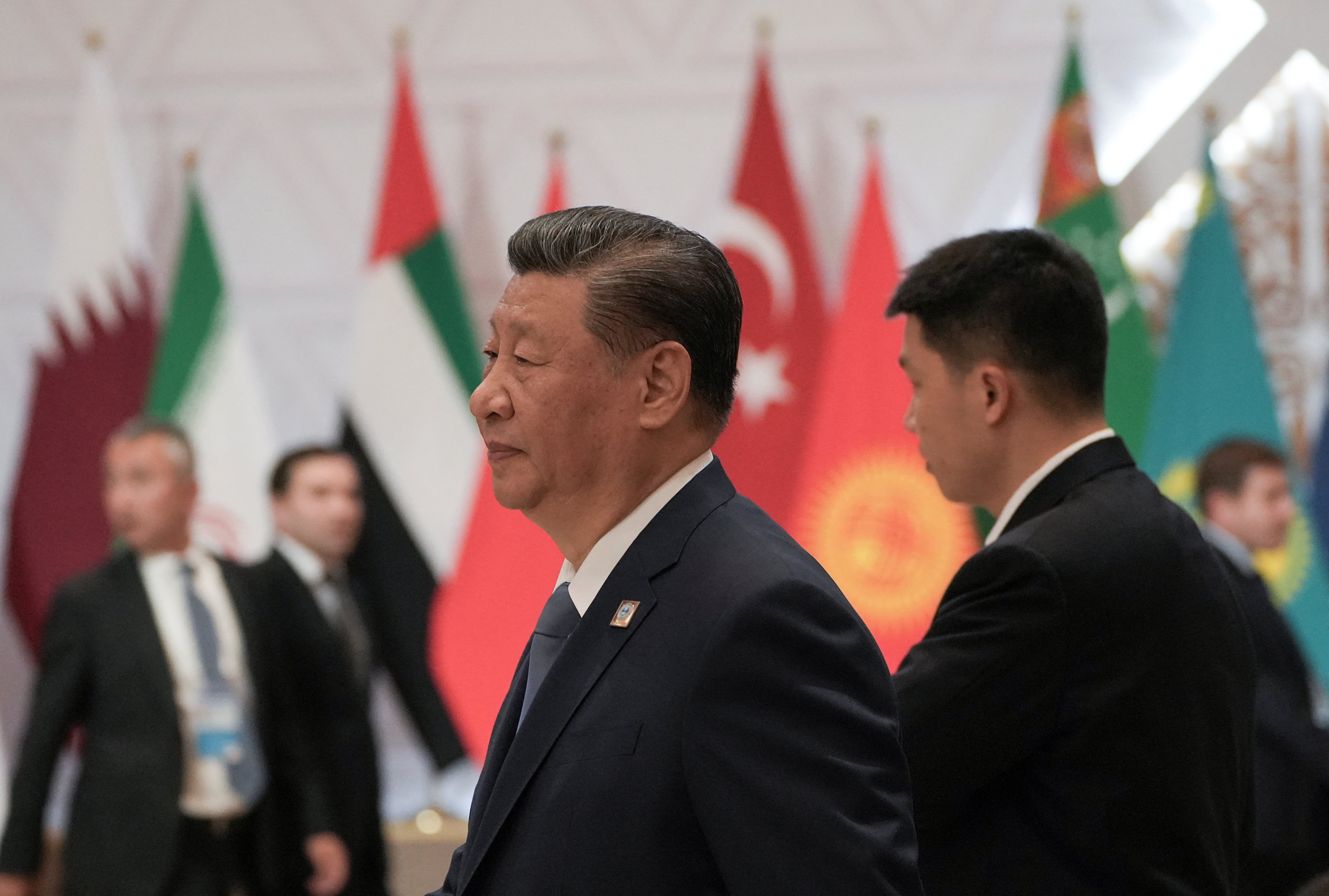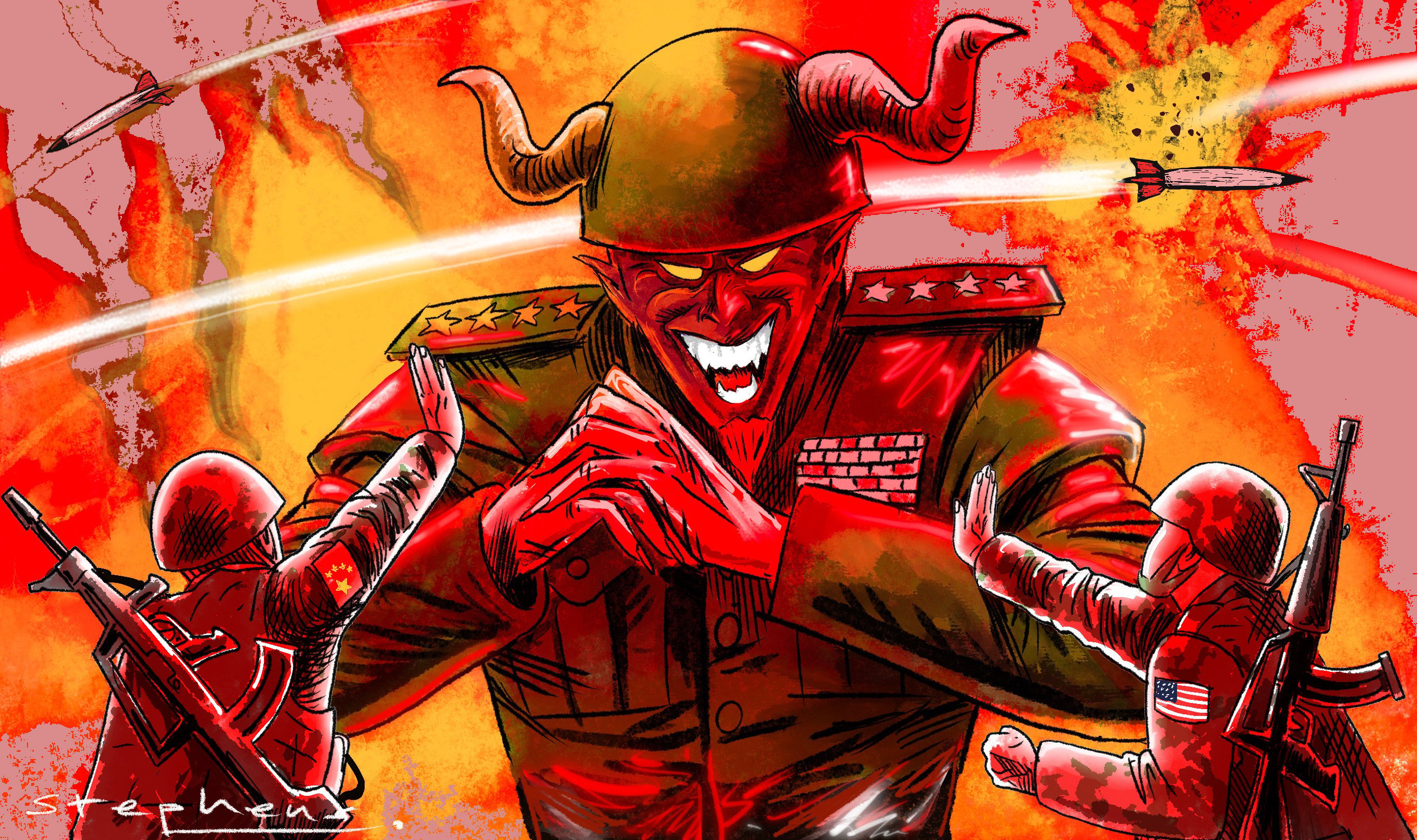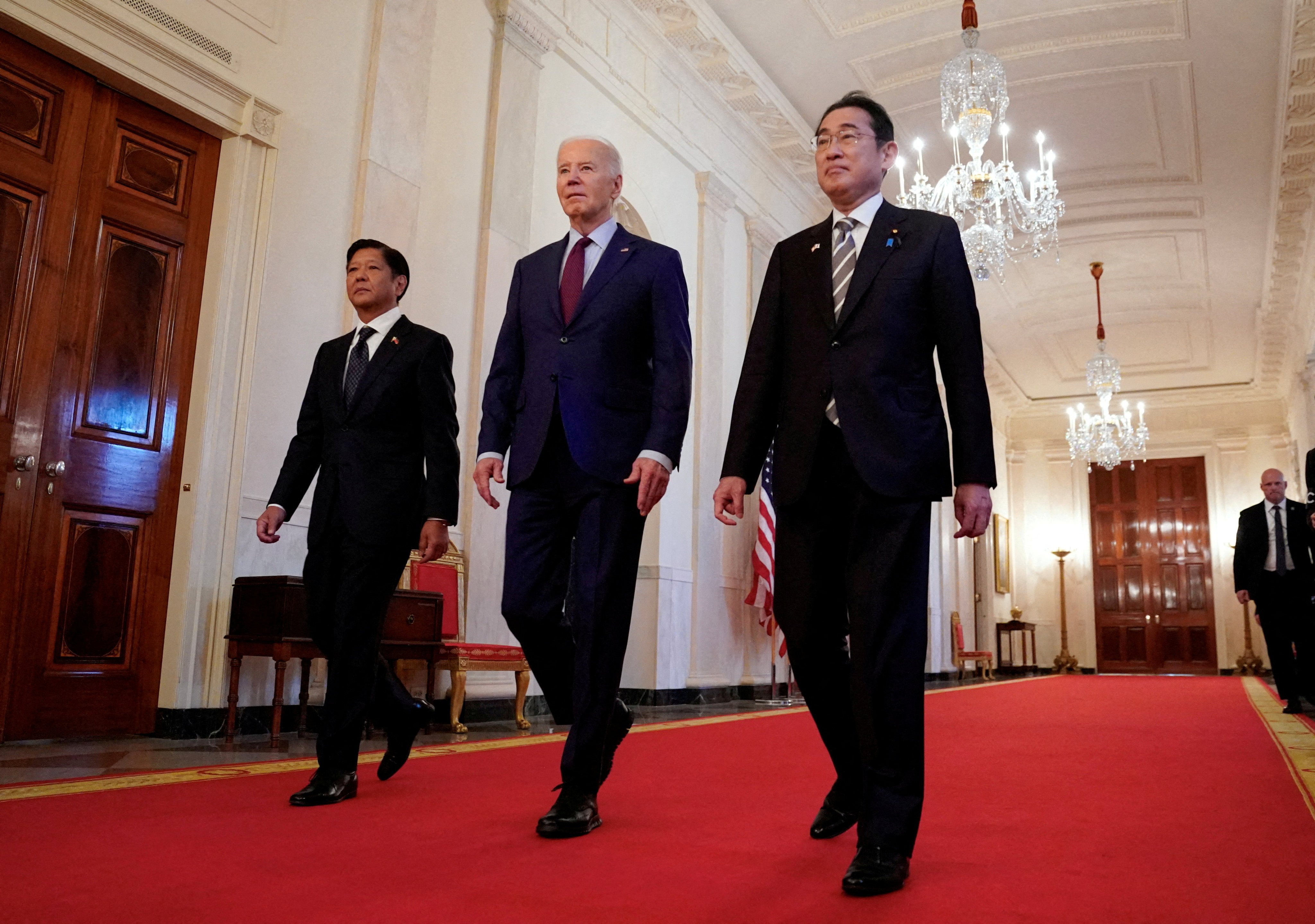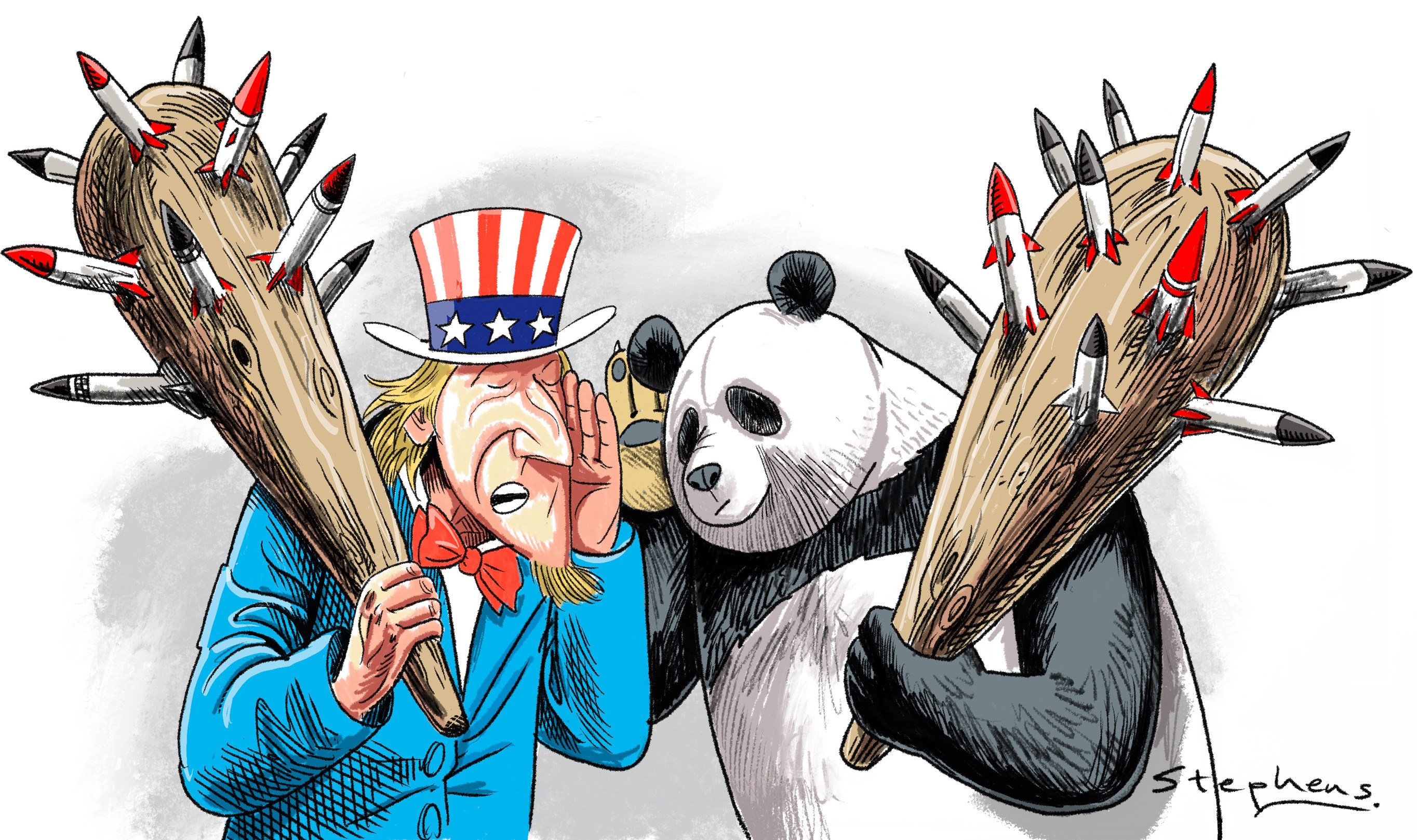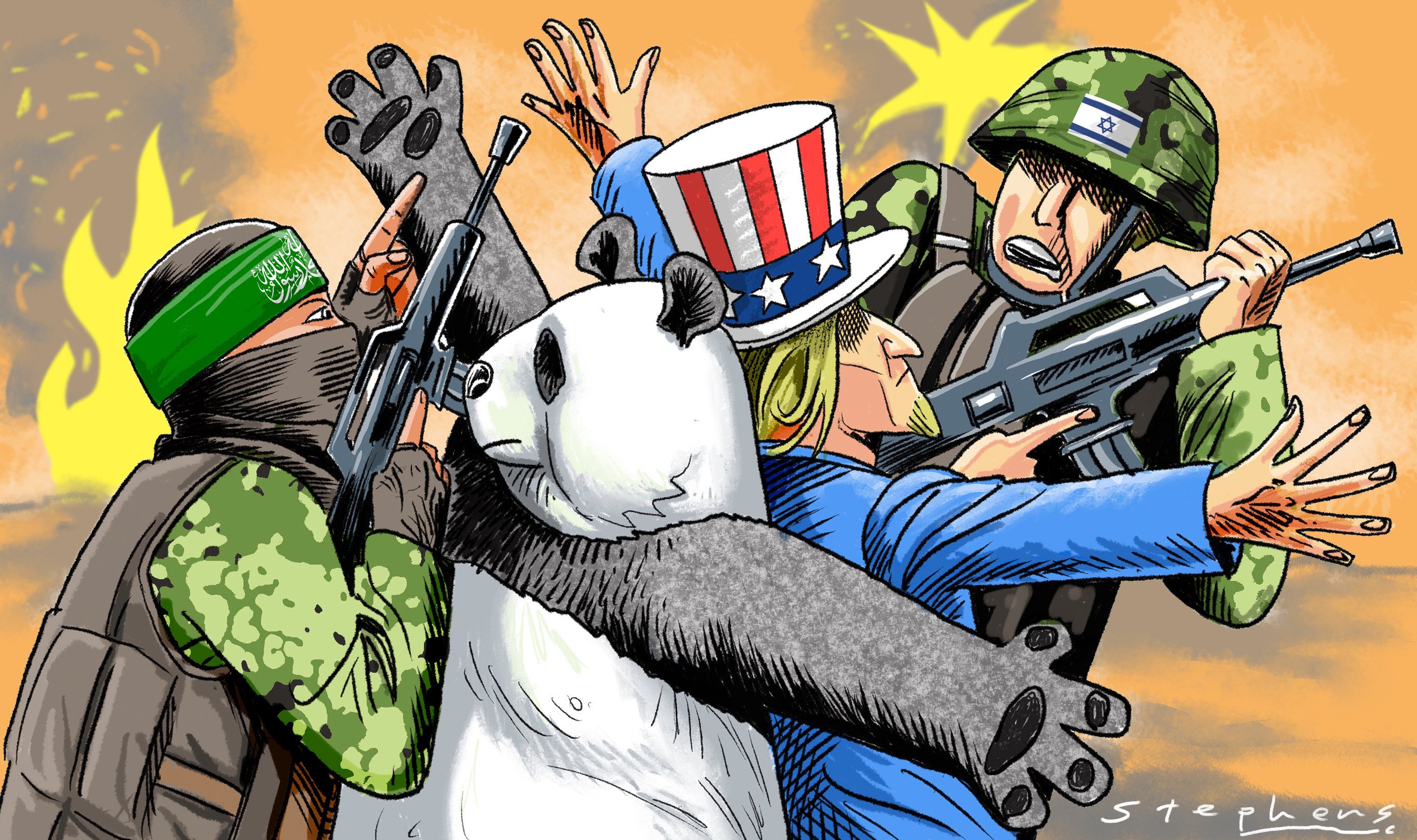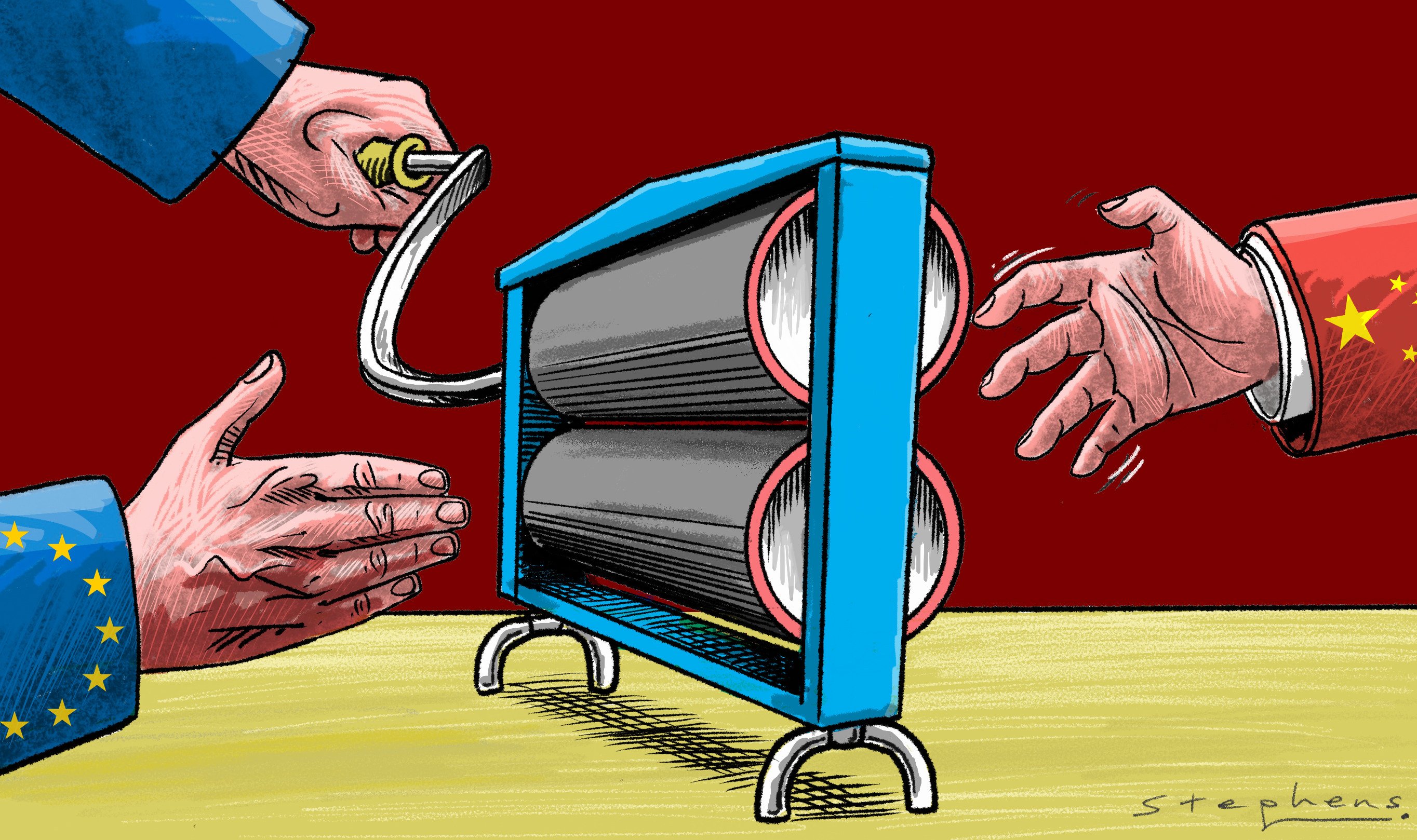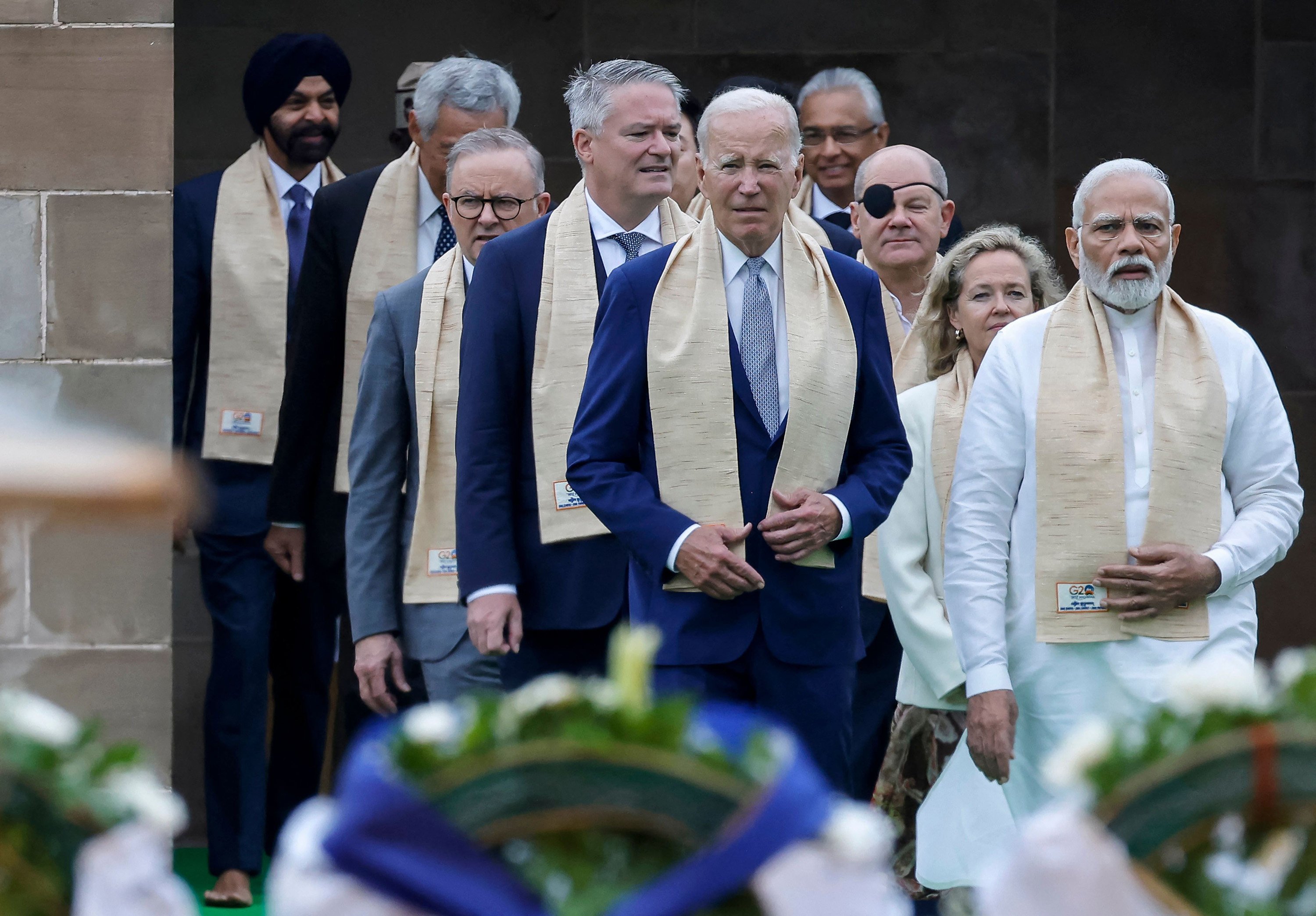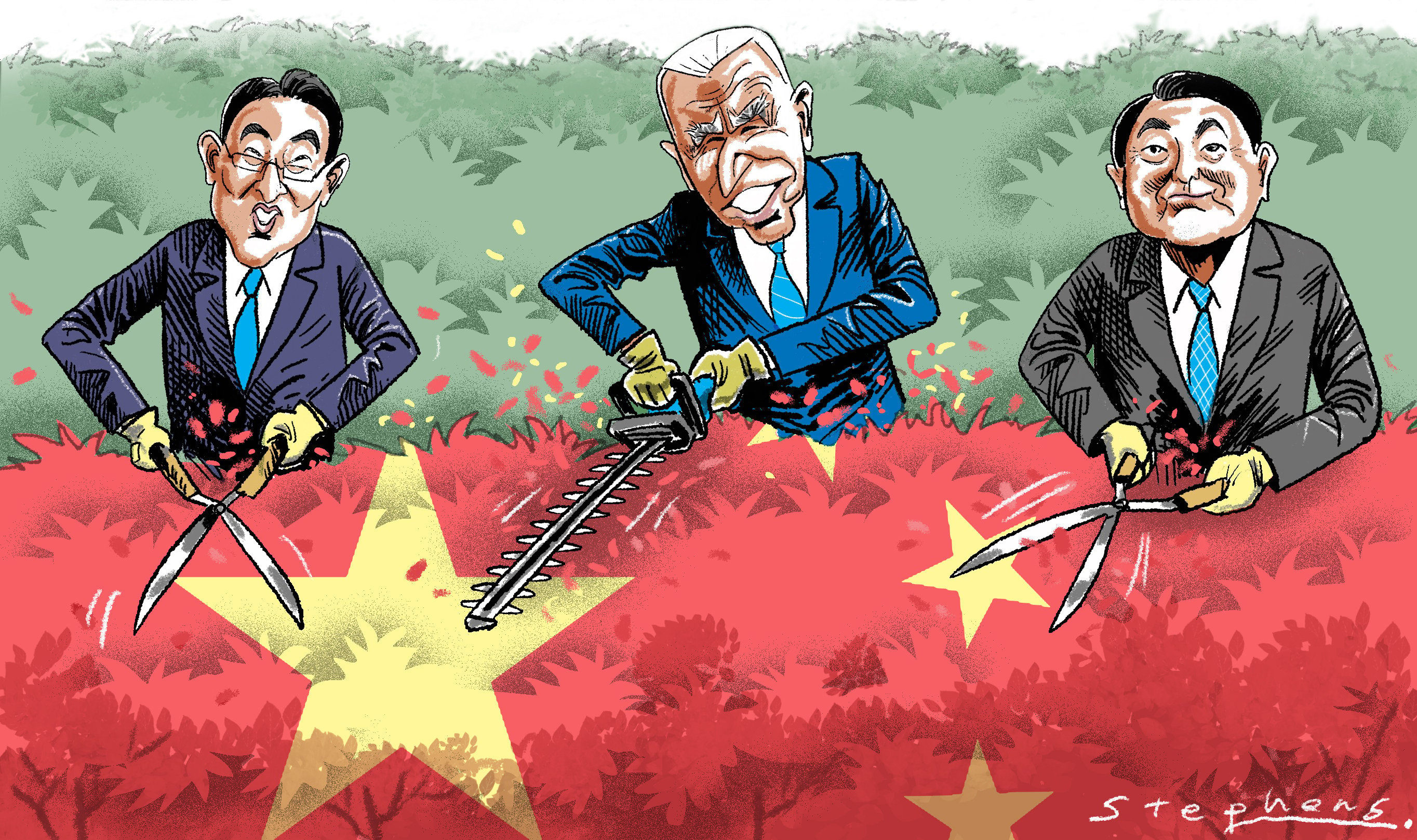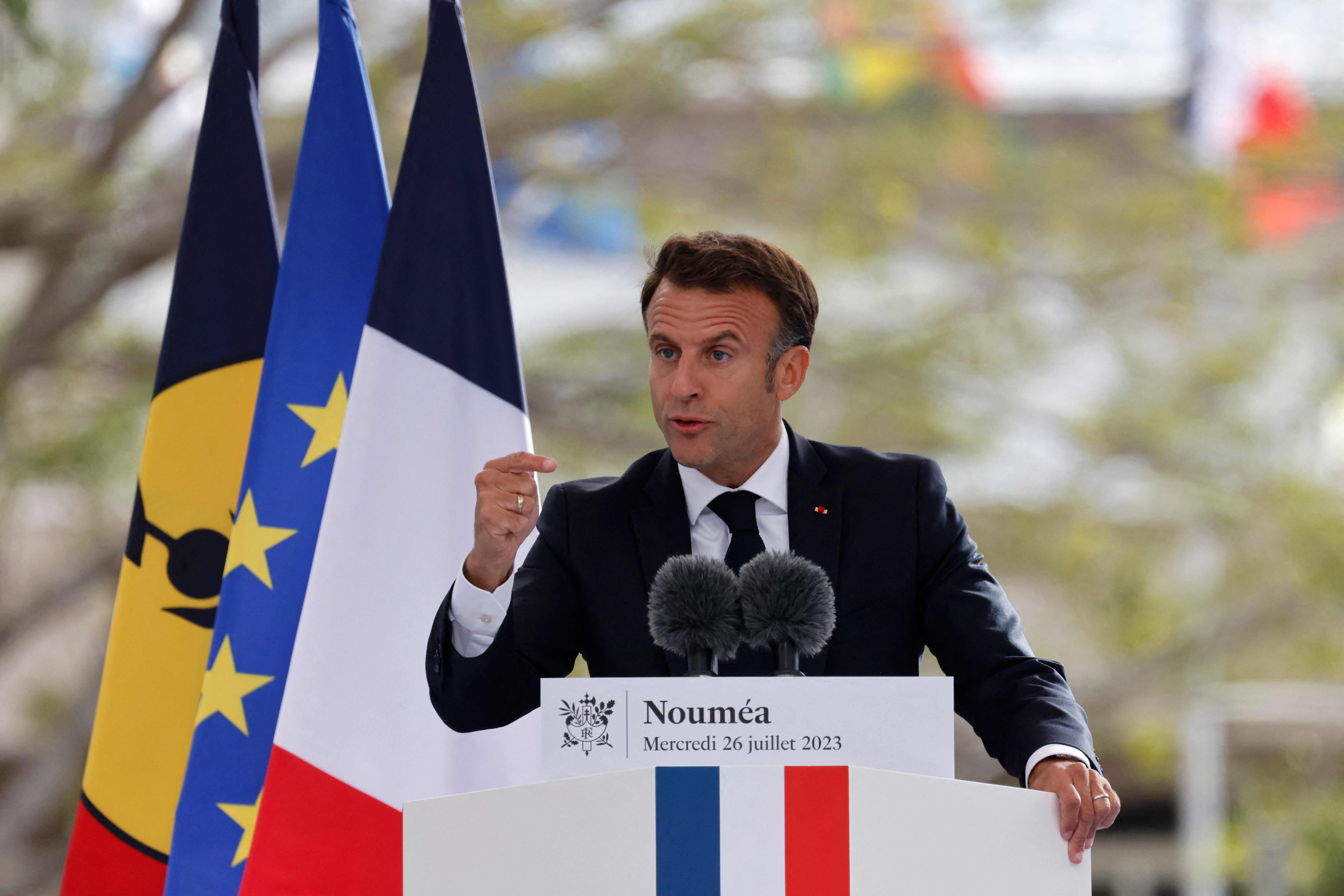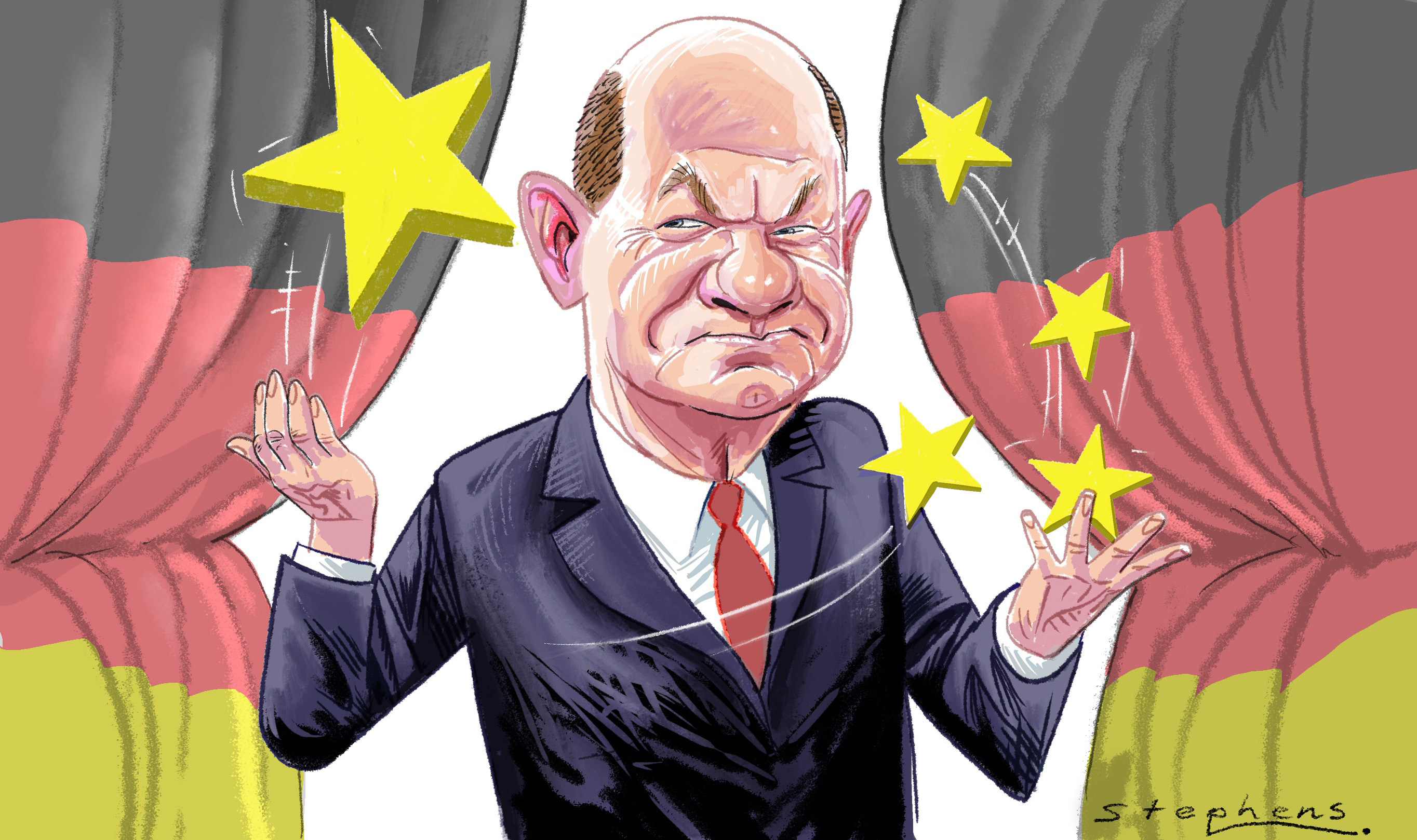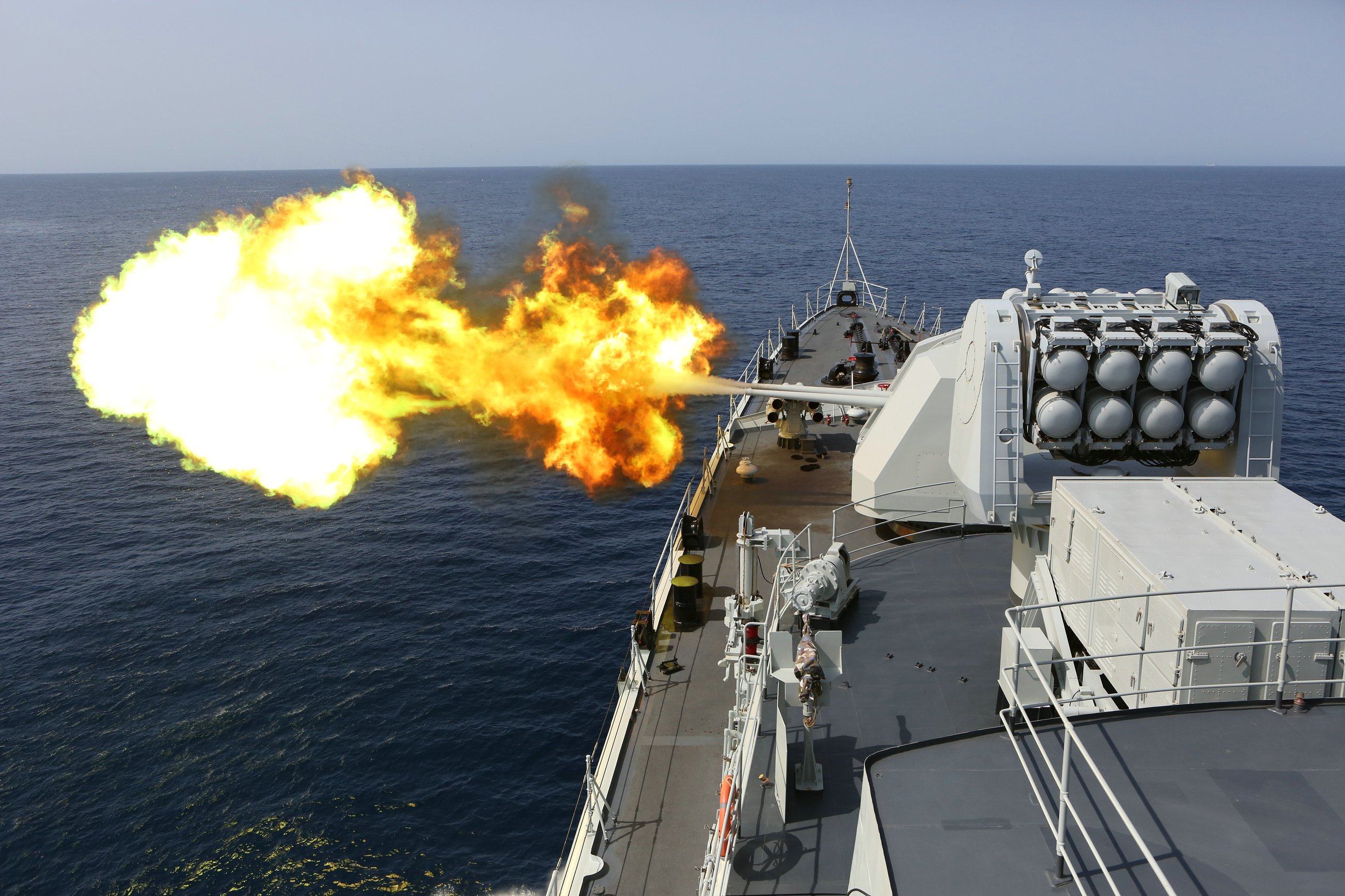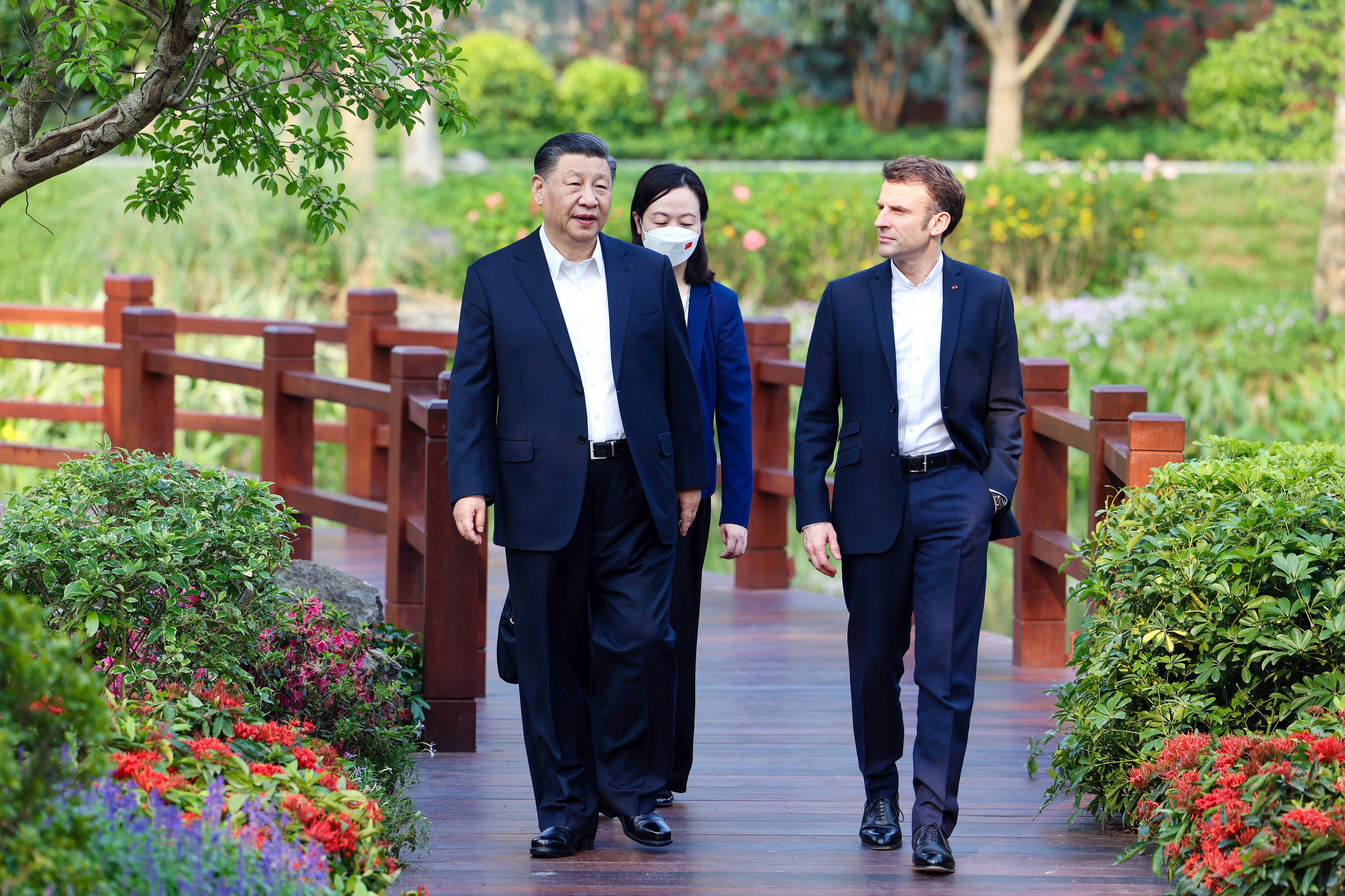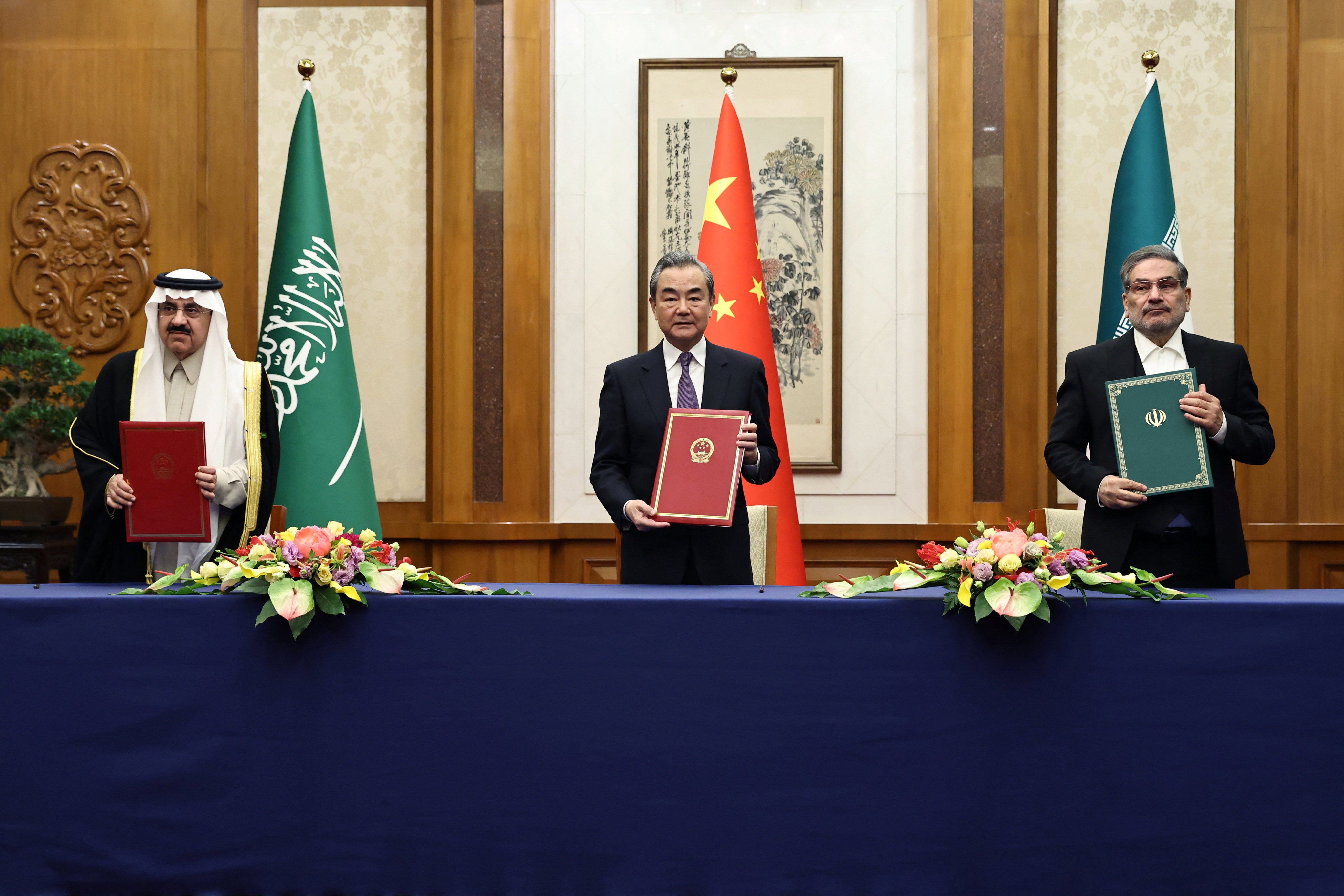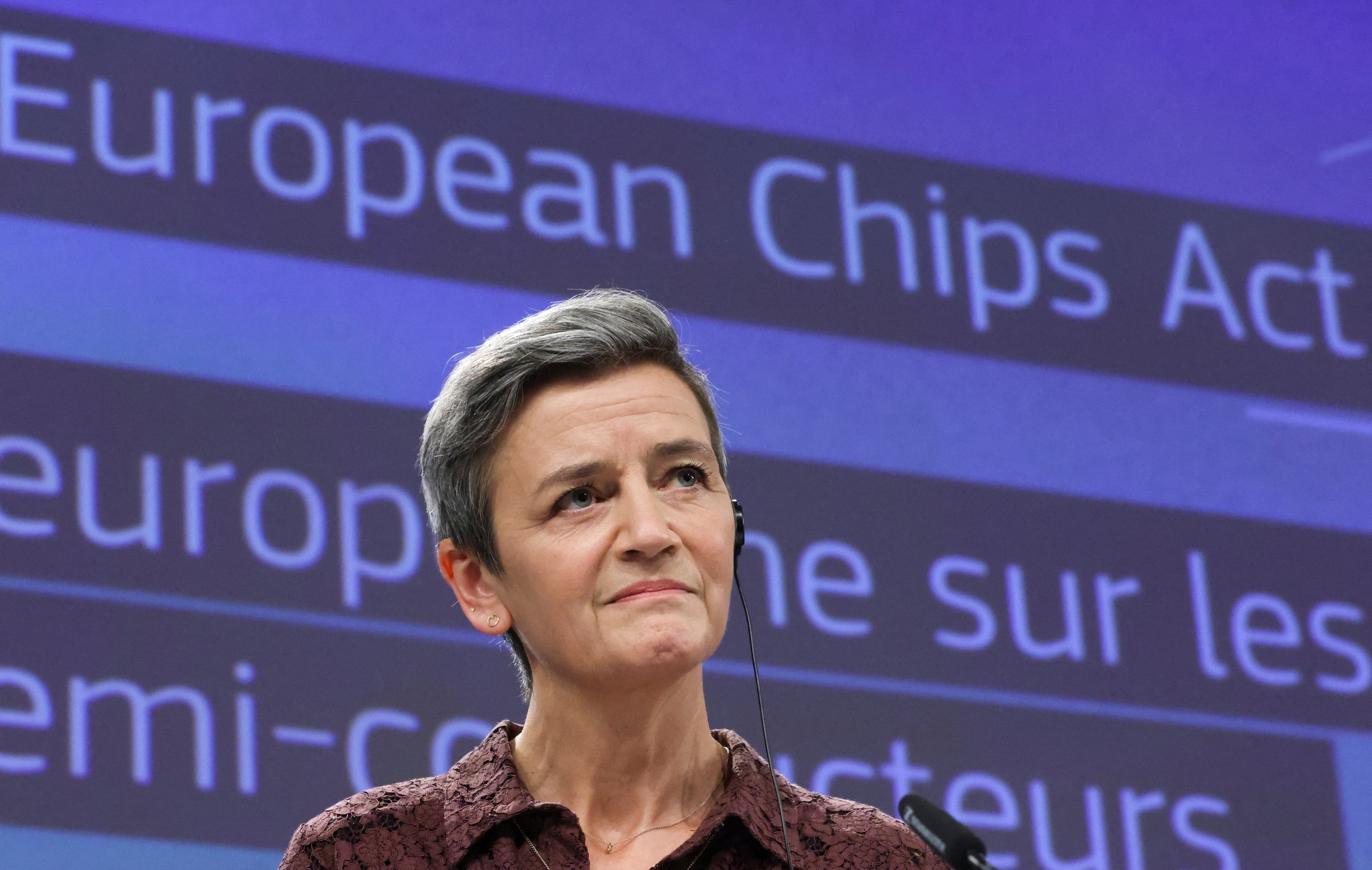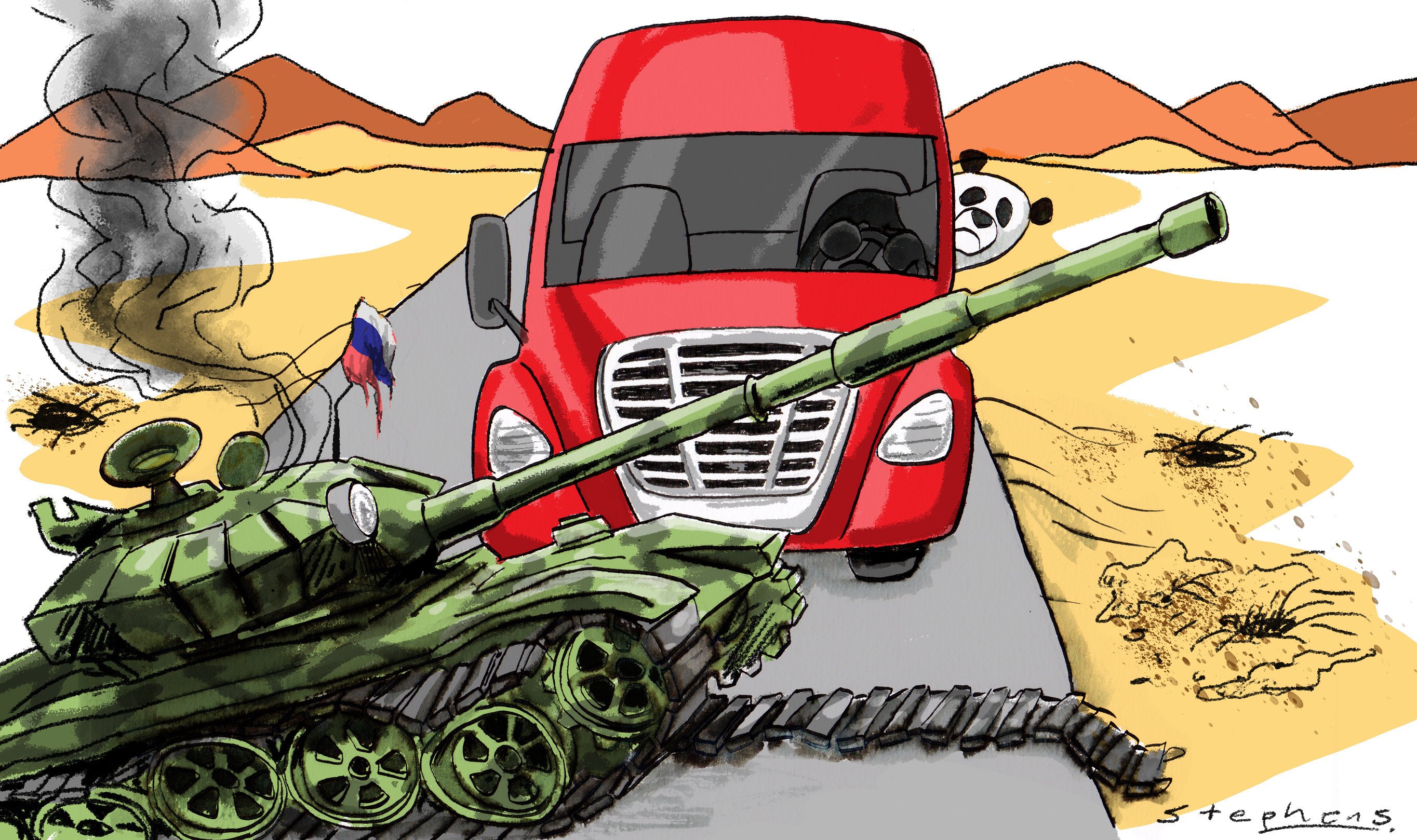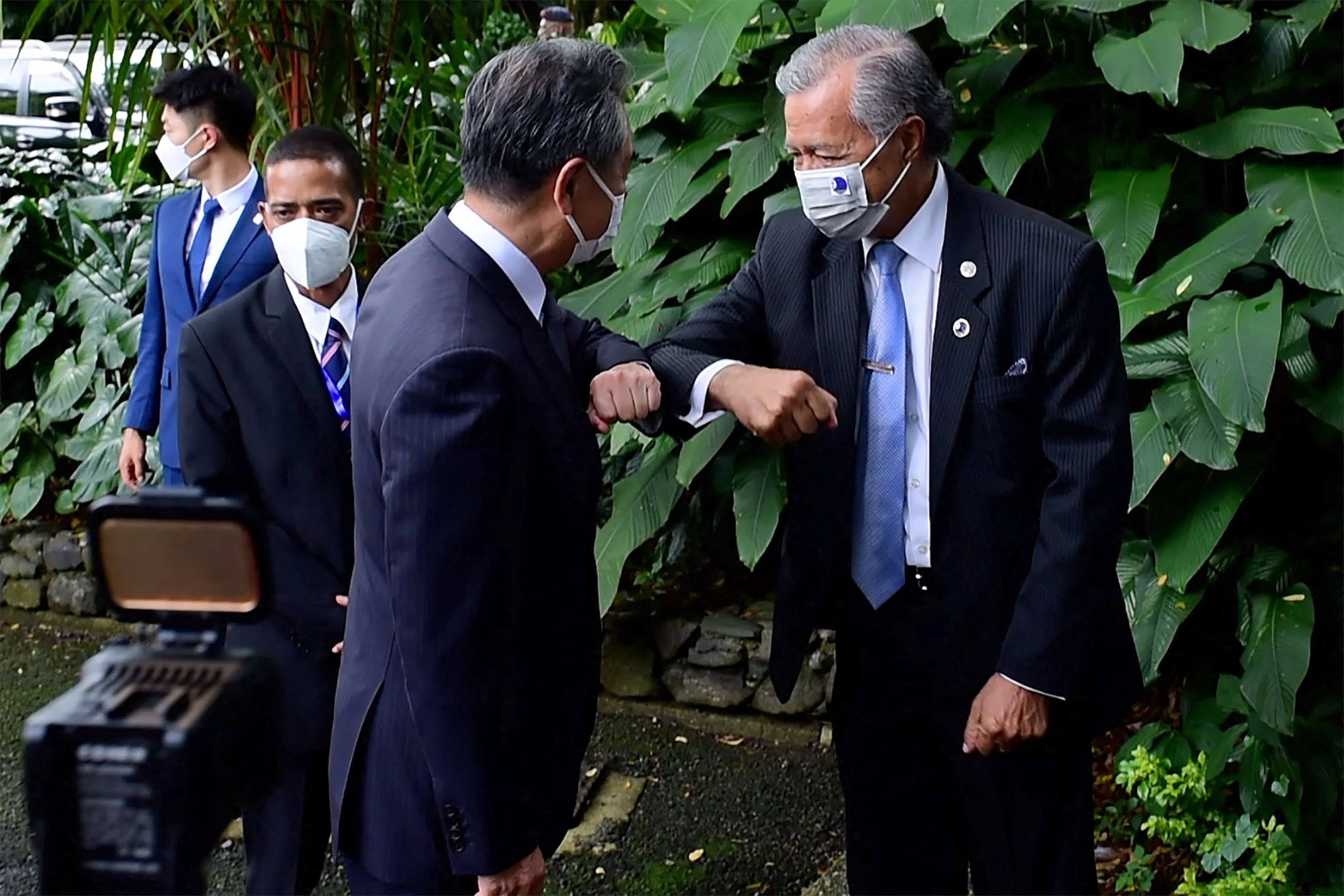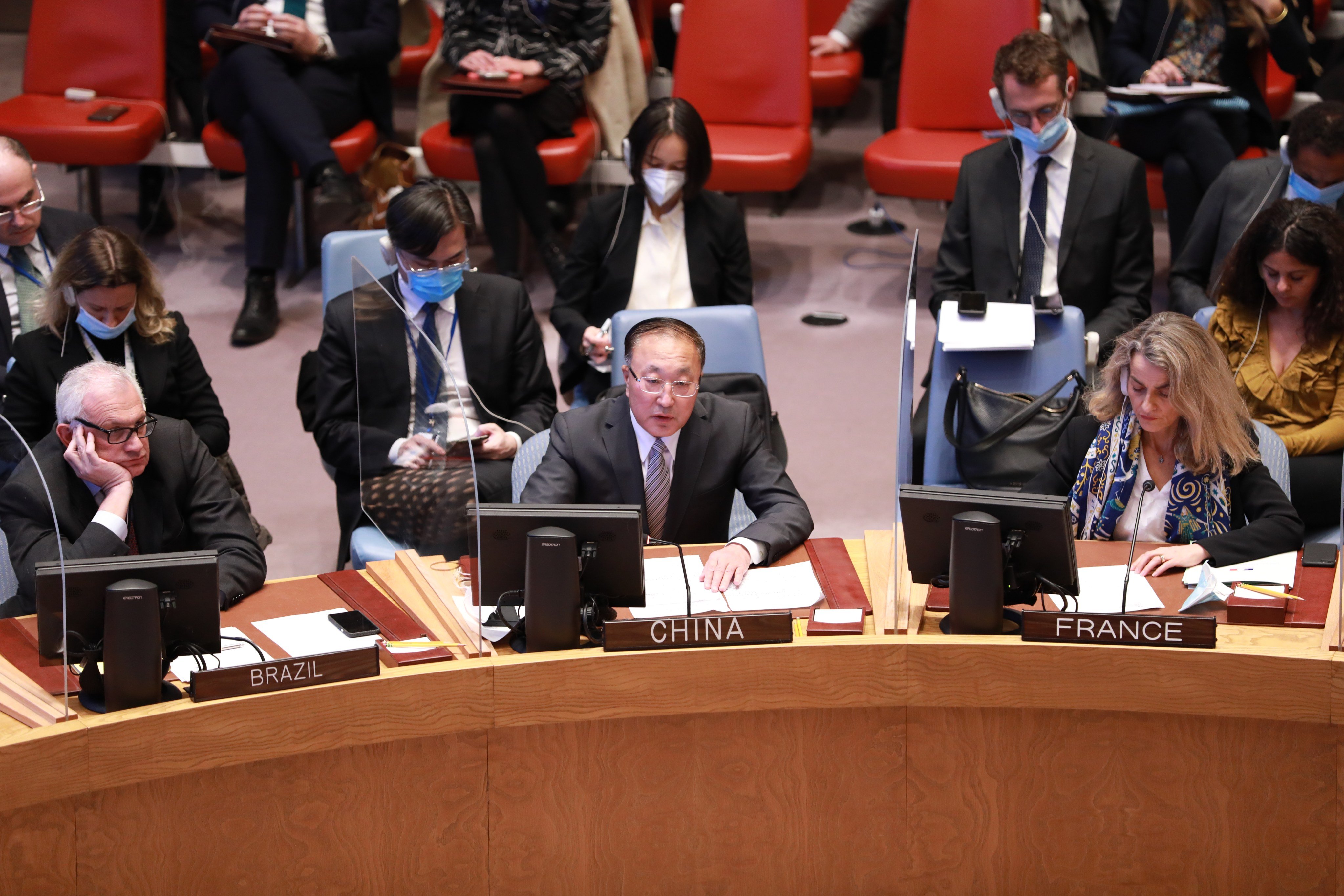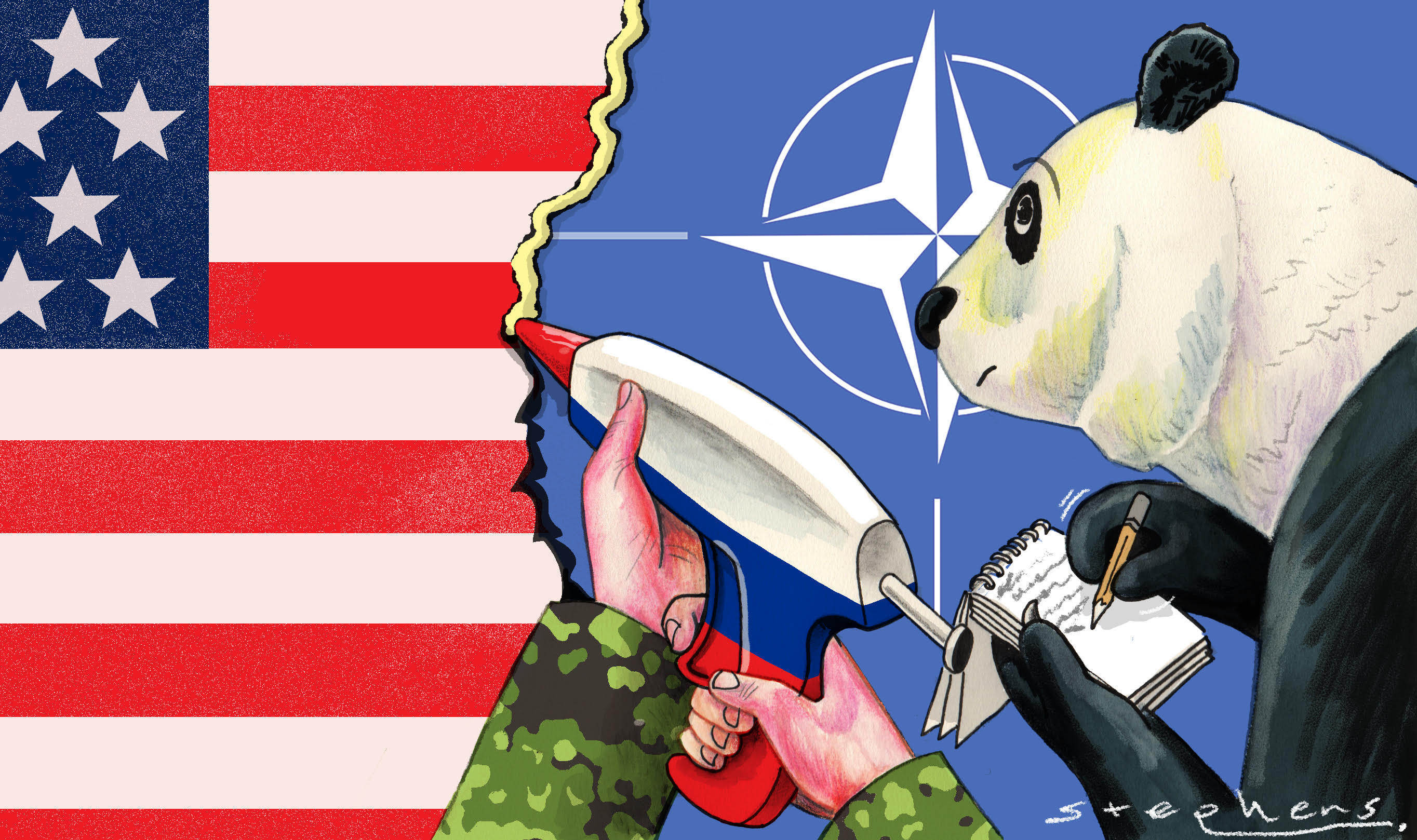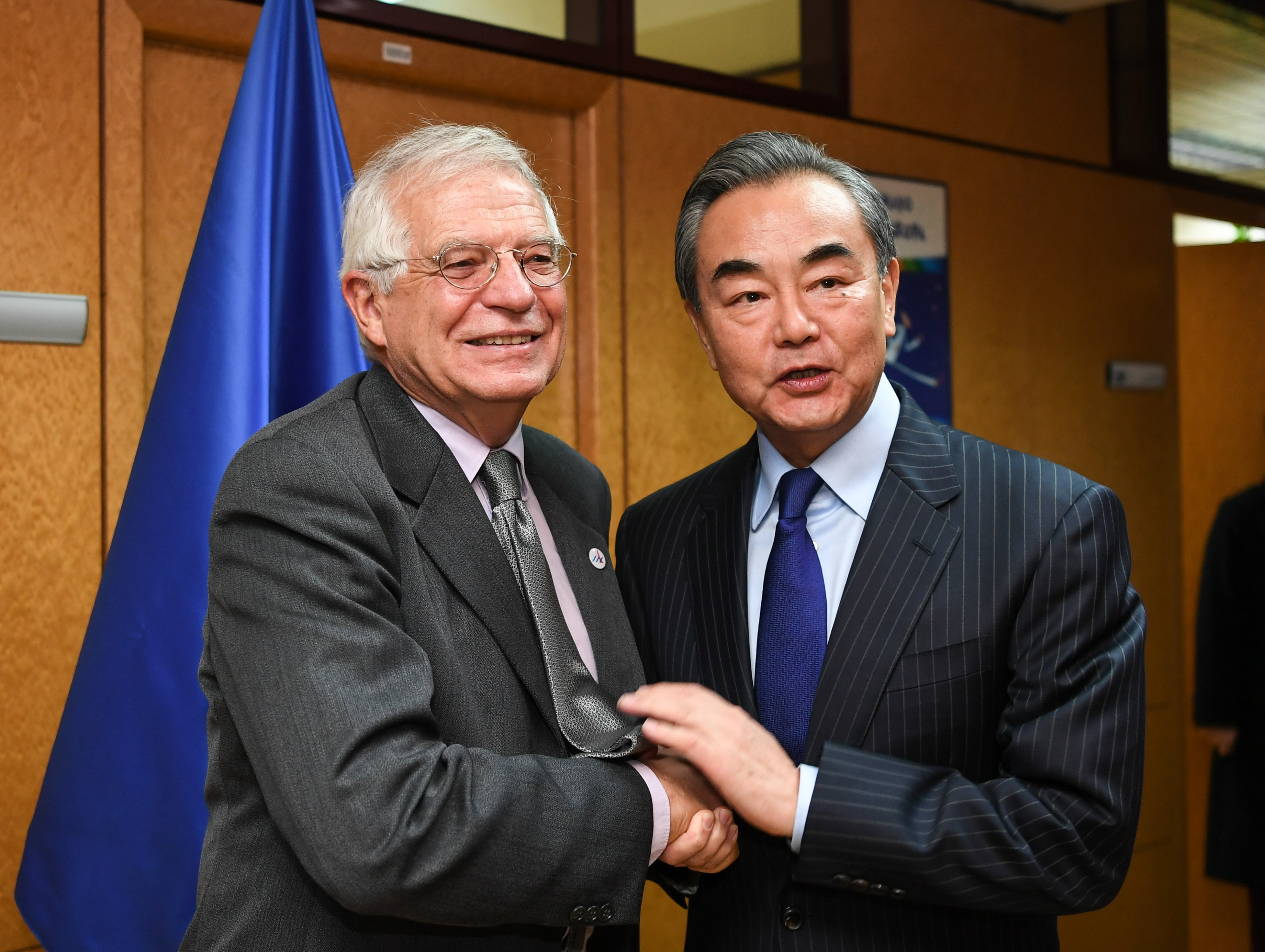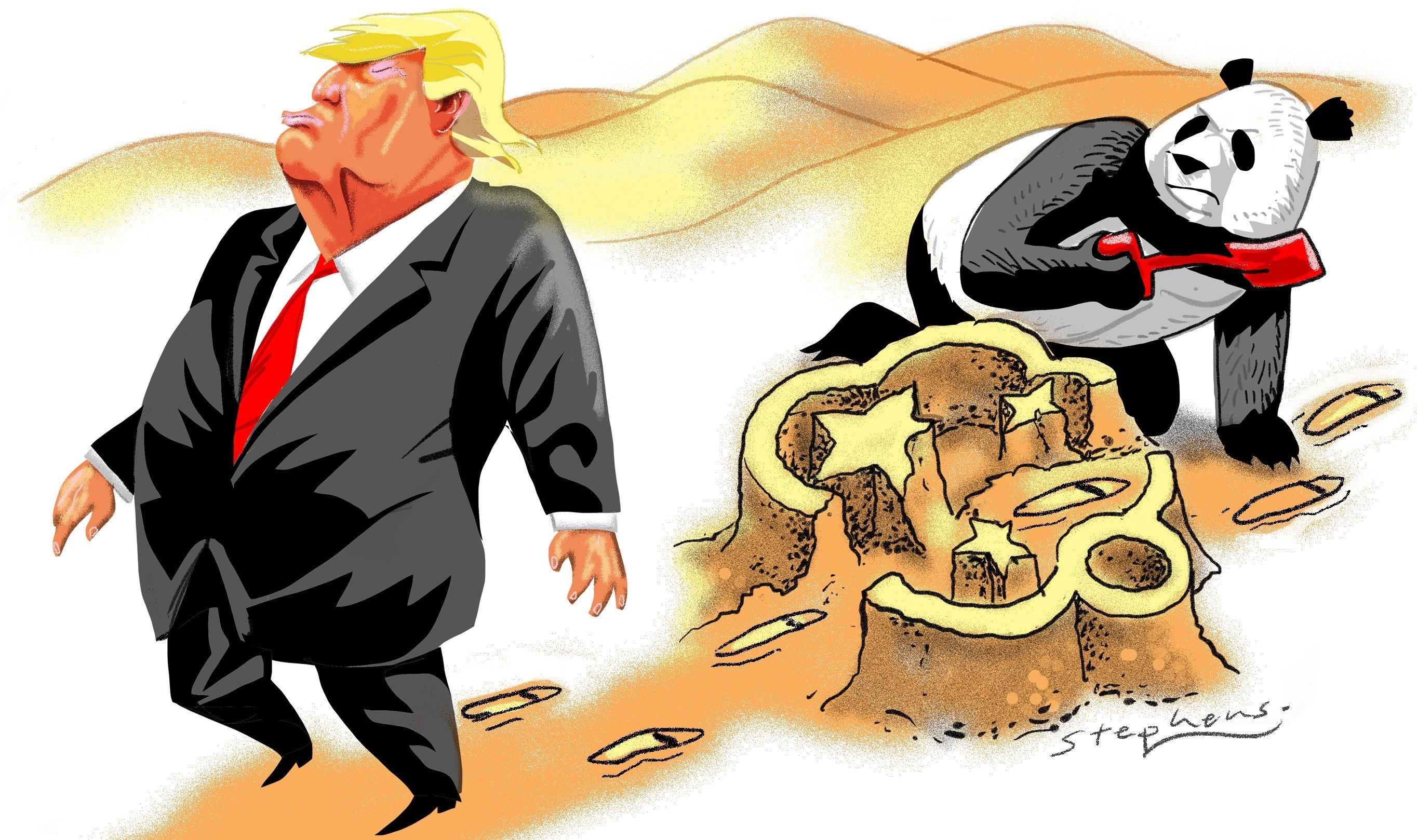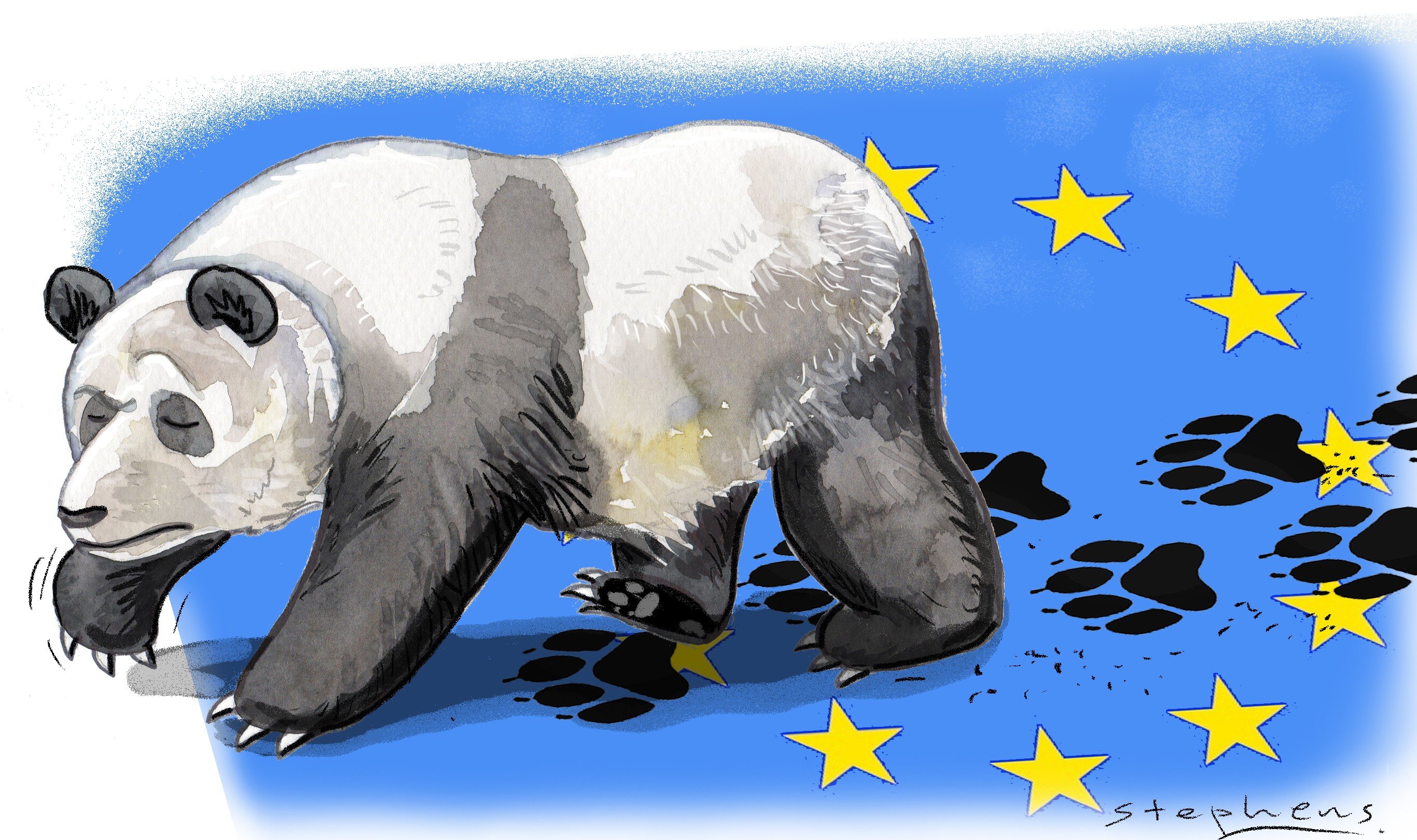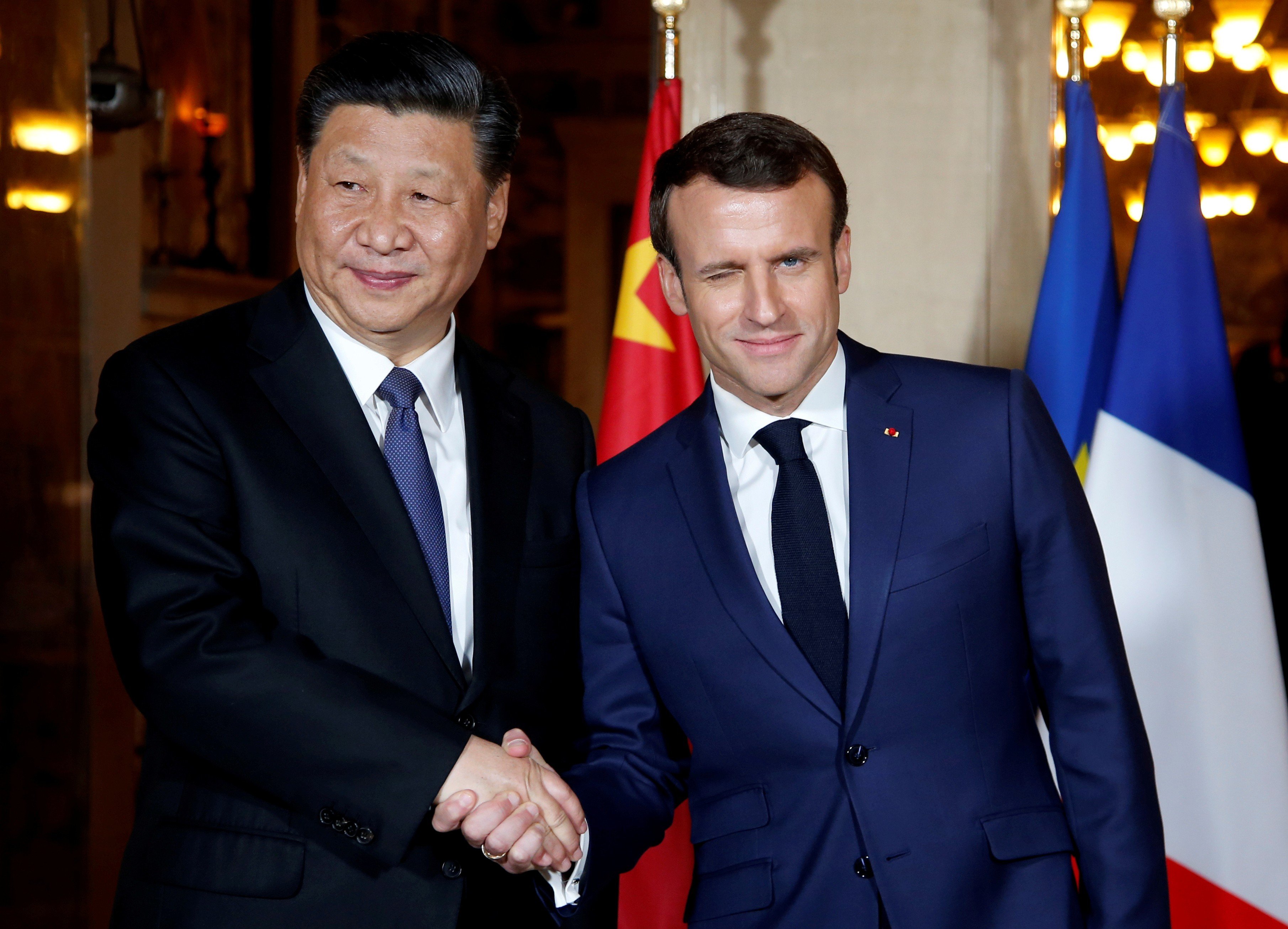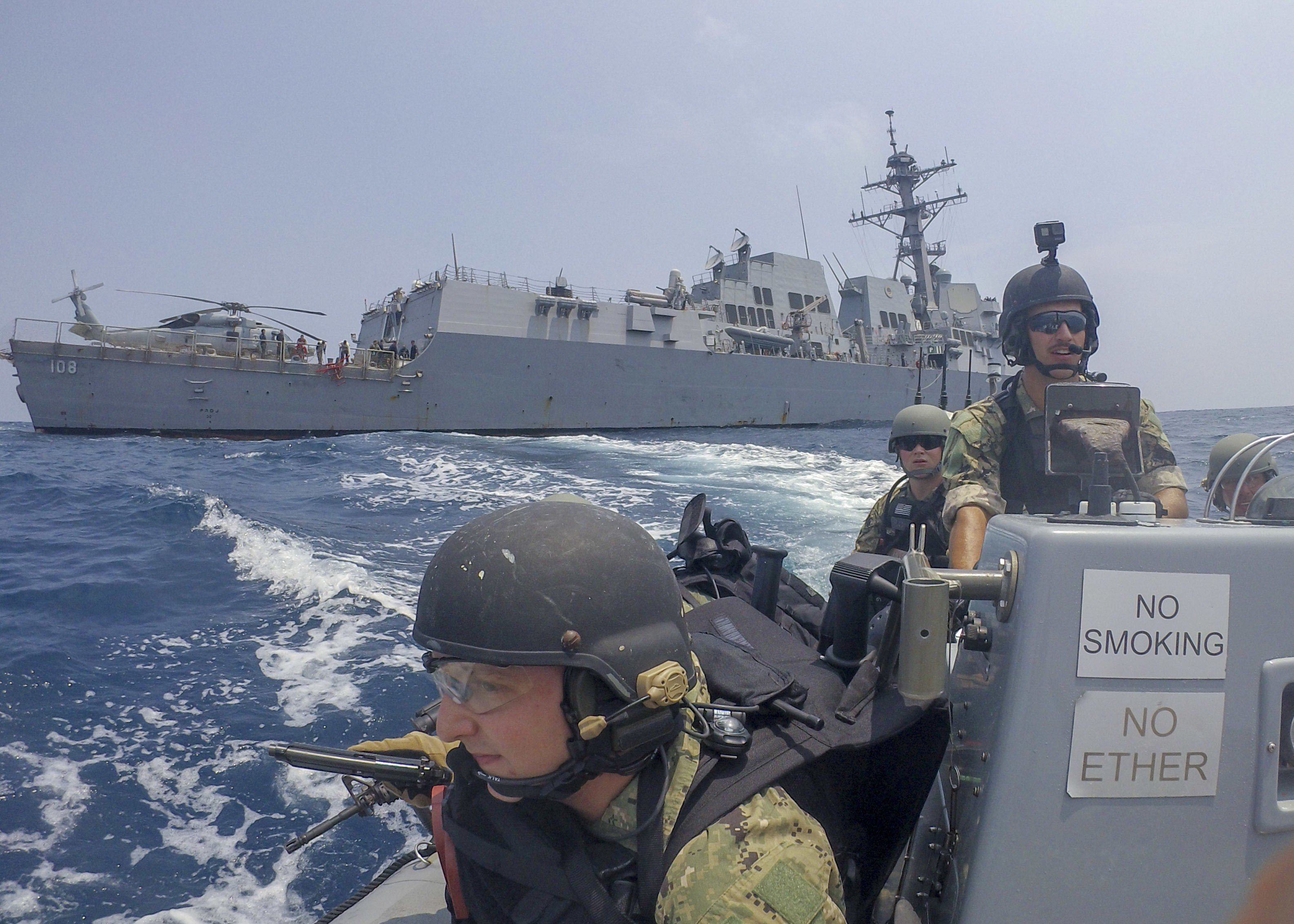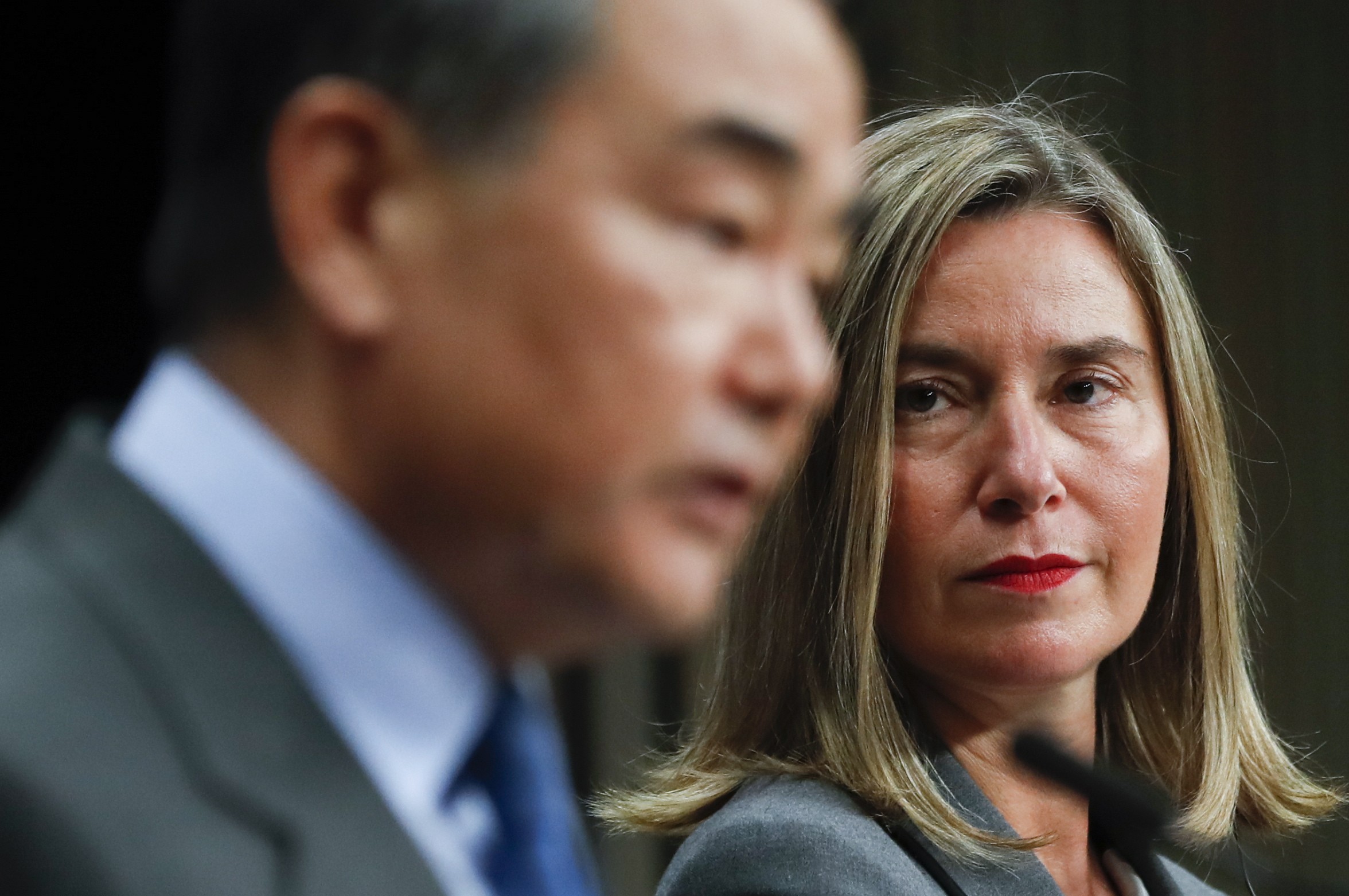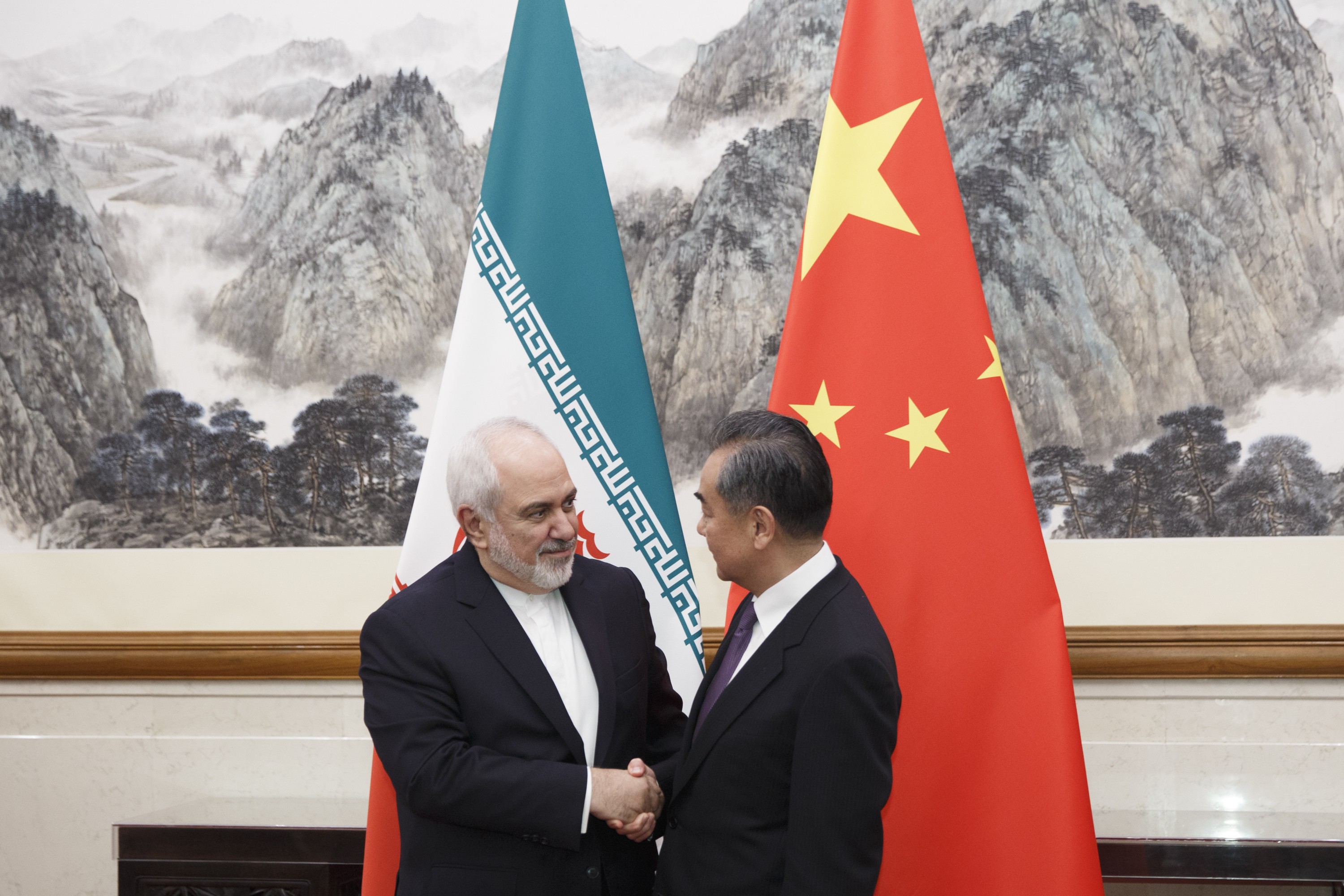Advertisement
Advertisement

Emanuele Scimia
Emanuele Scimia is an independent journalist and foreign affairs analyst.
There is too much power in the hands of the US and regional actors like Turkey for China to play a key role.
The US may be leading peace efforts but it’s not delivering, while China is failing without leading.
Beijing might have successfully split France and Germany, but the actions of Greece and Serbia show the limits of its plans in Europe.
Countries in the Global South are aligning with Chinese commerce when it suits them, but still choosing to protect domestic industries.
Advertisement
Despite Beijing and Washington resuming defence talks, military exercises and weapon deployments are increasing the risk of conflict.
A new Trump administration might weaken the web of military connections Biden’s team has rebuilt to counter China. The problem for US allies and partners in the region is that Trump’s backing in the confrontation with China cannot be taken for granted.
Does Beijing have the political, military and economic muscle to simultaneously handle multiple global security challenges, and deal with Taiwan? If the crises in Myanmar, Yemen and the South China Sea continue to worsen, that seems unlikely.
While both sides seem ready to communicate and ease tensions, they do not renounce their right to arm their militaries to the teeth.
The stability that working with the US in the Middle East could provide would far outweigh any irritation among China’s strategic partners. Cooperation could also open the door to progress on other sensitive issues, such as rising tensions in the South China Sea.
The EU is increasingly acting against what it sees as unfair Chinese trade practices by taking measures to curb Chinese exports and investments. Mired in multiple challenges of its own, a frustrated Beijing may be forced to concede more to Europe’s demand for a level playing field.
While the Chinese leader skipped the summit in New Delhi, emerging actors did business with Western partners and India raised its profile. If Xi will engage only with groups in which China has the upper hand, he will realise that geopolitical voids are always filled up by competitors.
The recent Camp David summit is the result of efforts by Tokyo and Seoul to take coordinated action on shared security concerns over China and North Korea. The trilateral interaction with the US is Japan and South Korea’s geopolitical insurance against the risks associated with a more dominant China.
France could help China improve its EU ties under the banner of strategic autonomy – but Beijing would need to steer clear of red lines in francophone Africa and the South Pacific.
The strategy, a compromise between the three ruling coalition parties, is mindful of German businesses’ need for the country’s largest trading partner amid economic pain.
It is in Beijing’s interests to have Putin firmly in power, keeping Russia’s borders stable, fuel supplies to China safe and the West distracted. However, as the Wagner mutiny has pointed to the possibility of internal turmoil in Russia, China needs a Plan B.
Tensions between China and the US and Europe are at their highest in decades, but there is reason to believe they can still collaborate for the greater good following years of working together to fight piracy in the Gulf of Aden.
Trying to stay on the good side of two rival great powers is not easy as it requires balancing their interests in ways that are acceptable to them. As the likes of France and Germany are finding out, following the example of Singapore and the Philippines is more difficult than it looks.
Beijing’s role in getting the two Middle Eastern rivals to resume formal ties is a sign of its growing diplomatic heft and raises expectations of its ambitions to be an international mediator. Bringing the US and EU on board its peace plan for Ukraine will be a bigger challenge.
Any such deal is still a long way off but, for Beijing, it might actually be easier to deal with a Europe less dependent on Taiwanese chips.
Russia’s Ukraine war failures, ‘imperial’ image and the growing unrest in Central Asia suggest it is no longer a security asset for China or the Belt and Road Initiative. With others ready to project regional influence, China may have to take responsibility for security in the former Soviet space.
Pacific island leaders have repeatedly expressed their reservations about being drawn into the power struggle between Beijing and Washington. With the US navy already having a foothold in the region, China needs much more than one base to gain military relevance in the South Pacific.
Beijing has worked hard to build a consensus in many European quarters but an anti-China front is now building in the EU that could bury its 16+1 initiative.
One of the most remarkable aspects of the global reaction is the unity between the US and its European allies after a long period of being at odds. Expectations of China attacking Taiwan could help the US overcome the resistance of its Indo-Pacific allies and partners to hosting US troops and equipment.
Beijing should consider offering Europe concessions in trade and investment, or risk seeing the EU join hands with the US. After all, China and the European Union share a common cause: to protect multilateralism from Trump’s approach to world affairs.
Hopes that China’s presence in the volatile region could provide some needed stability now appear too optimistic in light of the US’ targeted strike. A full-blown US-Iran would be bad news for Beijing, undermining its push for belt and road development.
Some 2,200 European companies are headquartered in Hong Kong – versus 1,344 from the US. While the EU is unlikely to pass US-style legislation on Hong Kong, it might react in other ways if Beijing continues to meddle in European politics.
With his China visit, French President Macron won trade deals and climate cooperation and shored up European Union interests. But his silence on the South China Sea does not mean France will stop trying to curb China’s influence or end arms sales to its rivals.
China’s economic clout in the Pacific is clearly growing, as its recent poaching of Taiwan allies has demonstrated. The US has expanded military activity to counter this, but it’s not certain it can sustain the necessary partnerships.
Europe has concerns over Hong Kong, Huawei and barriers to China’s market that Beijing will have to assuage. But while an anti-Trump front is unlikely, cooperation in other areas, including climate change and infrastructure investment, is possible
Tensions over the attack on Saudi Arabian oil facilities threaten belt and road projects in the Gulf and China’s oil lifeline – and reveal Beijing’s lack of soft power and strategic influence.

